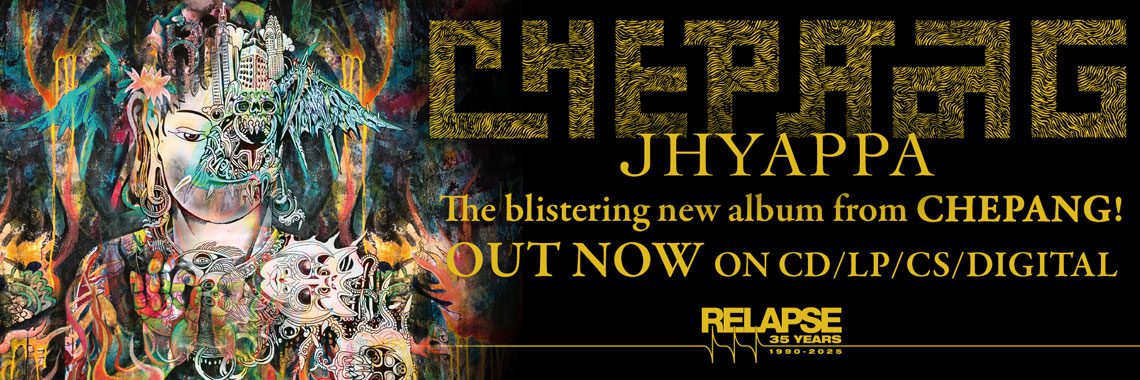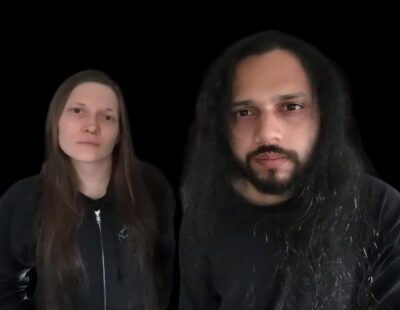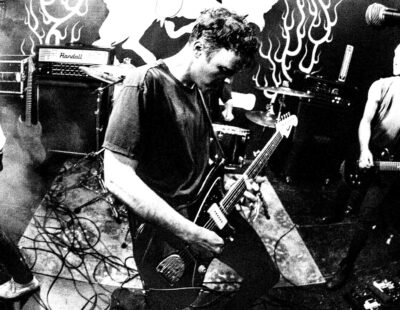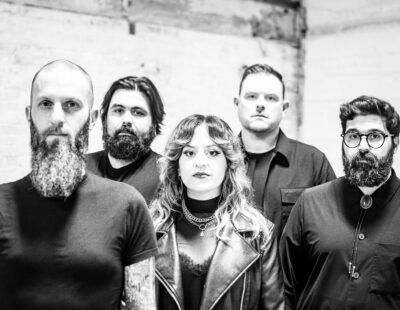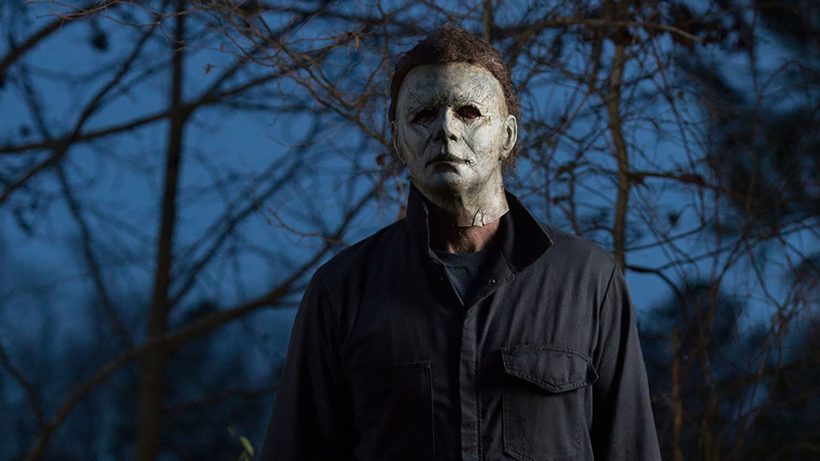
Director: David Gordon Green
Starring: Jamie Lee Curtis, Judy Greer, Andi Matichak, Will Patton, Virginia Gardner
1 hour 46 minutes
40 years and 9-ish sequels after John Carpenter’s original Halloween popularized the slasher genre, what was left to say in the saga of Michael Myers and Laurie Strode? Considering Halloween H20: 20 Years Later already revisited Jamie Lee Curtis’s unfortunate babysitter and her troubled brother Michael, it seemed somewhat redundant to mine that territory again. But then Blumhouse announced that director David Gordon Green (Pineapple Express, Joe) and his sometimes-writing partner Danny McBride (Eastbound and Down) were involved. Curtis was back. And John Carpenter would be returning as producer and composer. Suddenly, a return to Haddonfield, Illinois sounded like a destination vacation.
Halloween (2018) feels like Green’s love letter to the slasher films that started it all — Halloween, Bob Clark’s Black Christmas, even earlier influences like Mario Bava’s Bay of Blood. Before Friday the 13th and its endless knock-offs (some of which came in the form of Halloween sequels) codified the genre into predictable morality tales with cardboard characters, Black Christmas and Halloween gave us a world that felt very familiar, filled with colorful people dealing with their own issues, and then dropped the personification of death on them. The victims didn’t really do anything to deserve their demises, and we weren’t really rooting for the killer (like in the Friday the 13th franchise). It was a tragic, unthinkable, random event. And this Halloween deals with the consequences of that.
Green wisely jettisons the “sibling” mythology introduced in Halloween II and followed through in 4, 5, 6, H20, Resurrection, and the Rob Zombie remakes. Instead, Laurie Strode is still dealing with the aftermath of a psychotic monster marking her and her friends for death for no real reason. She tried to move on, but that one night (and her attacker’s survival) fucked her up for the subsequent 40 years. Her relationships are in tatters, destroyed by her obsession with her former stalker and her conviction that he’s going to escape and come after the people she loves. Of course, since there wouldn’t be a movie otherwise, she turns out to be right.
Still, instead of being about tragedy tearing people apart, this film turns out to be about tragedy bringing people together. The story focuses on three generations of Strodes (although Laurie’s daughter Karen, played by the dependable Judy Greer, feels the thinnest-drawn). Laurie is paranoid and reclusive. Karen just wants to live a normal life and put her mom’s craziness behind her. Granddaughter Allyson (Andi Matichak) wants everyone to just get along. They each have their own shit to deal with, and Michael Myers provides the catalyst to healing their relationships. One of the most effective moments in the movie comes when Allyson first sees The Shape (James Jude Courtney) standing behind a fence, looking at her, and realizes “oh shit, grandma wasn’t crazy.” That dynamic between the three women drives the movie and keeps the audience invested all the way to the big payoff at the end, even when it pulls away from them for a variety of subplots.
One of the fun things Green and McBride did was populate their Haddonfield with fun supporting characters that get little interactions and their own little stories. Most effective are the interactions between a babysitter (Virginia Gardner) and her charge Julian (scene-stealer Jibrail Nantambu), least effective the snotty podcasters. Those little snippets almost give this an anthology feel — here’s how Michael Myers affects the lives of random people he comes across (usually fatally). Those bursts of life provide the movie with momentum when Curtis isn’t on screen, similar to how Friday the 13th Part 6: Jason Lives is the least boring in that franchise because many of the victims (the paintballers, the couple in the VW) have their own little dramas instead of being part of yet another “teenagers being horny and wanting to drink” plot.
Myers, meanwhile, has some of his most terrifying moments. Green portrays him as a force of nature, an unthinking killing machine making up for lost time by murdering as many people as he can as brutally as he can. The sequence where he’s walking into random peoples’ houses in Haddonfield and killing them willy-nilly drew a big reaction from the audience. He’s basically the shark from Jaws: he sees this world around him and doesn’t understand any of the rules or moral boundaries. He just wants to eat. He cuts through all the societal bullshit and shows how thin the veneer of civilization really is, how easy it is to violate it if you just don’t care about the consequences. Evil never dies, and it sticks around the haunt people generations after it happens.
Just as the story revolves around generations of family, the soundtrack was also a family affair (I had to get around to that eventually; this is a music site, after all). Carpenter composed and performed the score with help from his recent collaborators, his son Cody and godson Daniel Davies (son of Dave Davies of the Kinks). While Carpenter’s scores have always been perfect complements to his films, this project — the fourth Halloween he’s scored — has a tense edge to it. It has the synthesizers, of course, but it introduces subtler themes — Laurie’s fractured piano accompaniment, a sense of melancholy to Myers’ hunt, an animalistic intensity to the fury of his murders. It takes the iconic theme and soundtrack stabs and plays with them; the minimalistic soundtrack of the original worked for such a simple story, but this time Carpenter and his collaborators expand the musical moods to match the expanded emotional palette of this entry in the series.
The movie has its share of plot holes and inconsistencies (most notably a twist involving a supporting character that doesn’t quite sell its potentially intriguing motivation). It certainly doesn’t equal the original — but it doesn’t try. Green puts his own stamp on the franchise, paying extensive homage to the first film while bringing his own comedic and dramatic sensibilities to the story. Of course, they’ll make a sequel, but this provides a fitting capper to Laurie Strode’s story (third time’s the charm?).
Halloween is in theaters now. You can get the soundtrack through Sacred Bones Records.

